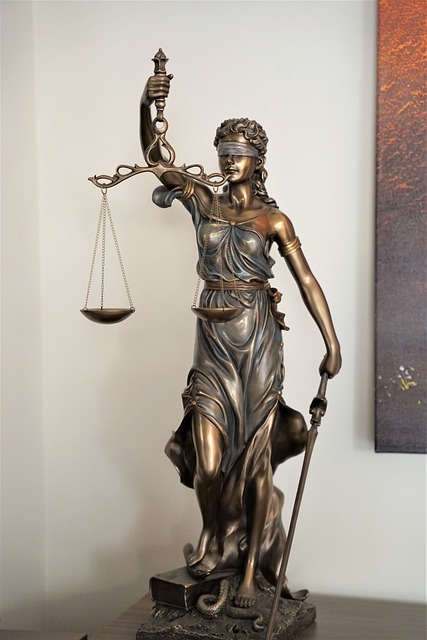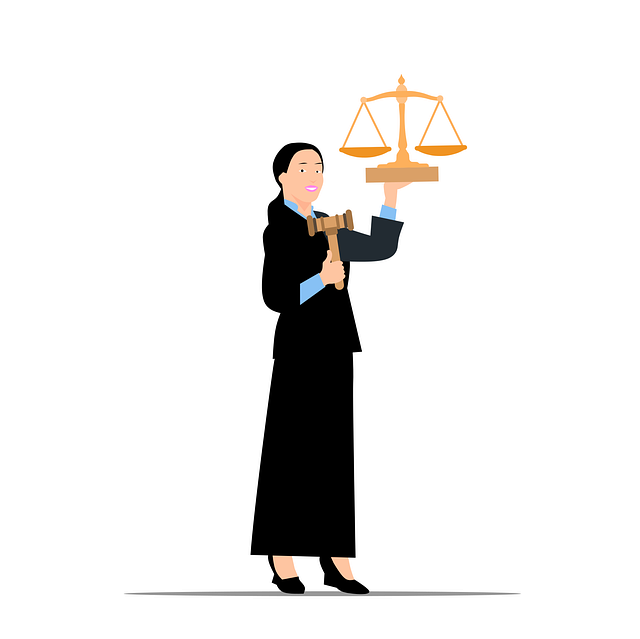Fair trial rights protection hinges on impartial judges and jurors free from bias. Safeguards include random juror selection, training, and evidentiary rules. The Fifth Amendment prevents self-incrimination, while defense attorneys scrutinize evidence and challenge unfair tactics to ensure equitable treatment for clients. Skilled legal representation navigates complex systems, advocating vigorously for accused individuals throughout the process.
Ensuring fair trials is paramount in criminal defense, safeguarding individuals from unjust convictions. This article delves into the critical components of fair trial rights and protection, exploring key aspects that ensure justice. From understanding impartiality among judges and jurors to defending against self-incrimination and unfair prosecution tactics, each section highlights essential strategies. Furthermore, it emphasizes the pivotal role of legal representation in upholding fair trial standards, providing a comprehensive guide for both practitioners and those seeking to protect their rights.
- Understanding Fair Trial Rights and Protection
- Ensuring Impartiality of Judges and Jurors
- Protecting Against Self-Incrimination and Evidence Rules
- Defending Against Unfair Prosecution Tactics
- The Role of Legal Representation in Fair Trials
Understanding Fair Trial Rights and Protection

Everyone accused of a crime is entitled to a fair trial, which is a cornerstone of our justice system. Understanding and protecting these fair trial rights is crucial for ensuring that every individual receives a just and impartial hearing. This includes the right to be presumed innocent, to confront accusers, and to have legal representation.
These protections serve as a safeguard against potential biases or abuses in the judicial process. They enable defendants to present their defense, cross-examine witnesses, and ensure that evidence is handled fairly. Knowing and asserting these fair trial rights are essential for anyone facing criminal charges to navigate the legal system effectively.
Ensuring Impartiality of Judges and Jurors

Ensuring impartiality is a cornerstone of fair trial rights protection. Judges and jurors must be free from bias to guarantee that every defendant receives a just and unbiased judgment. This includes protecting against any form of discrimination based on race, gender, religion, or prior associations. Jurors should be carefully selected through random selection processes to minimize the risk of prejudice. Additionally, regular training and education can help judges and jurors stay informed about the latest legal standards and ethical considerations, reinforcing their commitment to impartiality.
The presence of an impartial judge is crucial for maintaining public trust in the criminal justice system. Judges play a vital role in ensuring that all parties have equal access to justice. They must remain uninfluenced by external factors or personal biases when making decisions. By upholding high standards of integrity and objectivity, judges can contribute significantly to safeguarding fair trial rights, ensuring that every defendant is treated fairly within the legal framework.
Protecting Against Self-Incrimination and Evidence Rules

Ensuring a fair trial is paramount in criminal defense cases, and a significant aspect involves safeguarding individuals’ rights against self-incrimination while adhering to strict evidence rules. The Fifth Amendment to the U.S. Constitution provides defendants with the right to remain silent, preventing any forced confession that could later be used as evidence. This protection is crucial in maintaining the integrity of the trial process, ensuring no false accusations or coerced statements influence the outcome.
Additionally, evidentiary rules play a pivotal role in fair trials. These rules govern what types of evidence are admissible and how they can be presented. They ensure that only reliable and relevant information reaches the jury, preventing prejudicial material from influencing their decision-making process. By upholding these rules, the legal system maintains its integrity, providing a just and equitable outcome for all parties involved.
Defending Against Unfair Prosecution Tactics

In the pursuit of justice, it’s paramount to safeguard against unfair prosecution tactics that could undermine a defendant’s right to a fair trial. These strategies, while often subtle, can significantly impact the outcome of criminal cases. One common tactic is the misuse of evidence, where prosecutors might present selectively chosen facts or distort the context of certain pieces of evidence to sway the jury in their favor. This requires defense attorneys to scrutinize every piece of evidence and challenge any misinterpretations or omissions.
Additionally, aggressive interrogation techniques can create an environment biased against the defendant. It’s the role of legal professionals to intervene and ensure that their clients’ rights are not infringed upon during these interactions. By utilizing strategic cross-examination and legal arguments, defense lawyers can protect their client’s fair trial rights protection and expose any unfair tactics employed by the prosecution.
The Role of Legal Representation in Fair Trials

Legal representation plays a pivotal role in ensuring fair trials for individuals facing criminal charges. Accused persons have a fundamental right to legal counsel, which serves as a shield against potential abuses by law enforcement and prosecutors. Skilled defense attorneys are equipped to navigate complex legal systems, protecting their clients’ constitutional rights and providing a robust challenge to any unlawful procedures or evidence.
Effective legal representation involves rigorous investigation, meticulous preparation, and zealous advocacy. Defense lawyers scrutinize the case, questioning witness testimonies, challenging the admissibility of evidence, and exposing potential discrepancies. They ensure that their clients are treated equitably throughout the process, from pretrial hearings to the actual trial, thereby upholding the integrity of the justice system and safeguarding fair trial rights protection.






